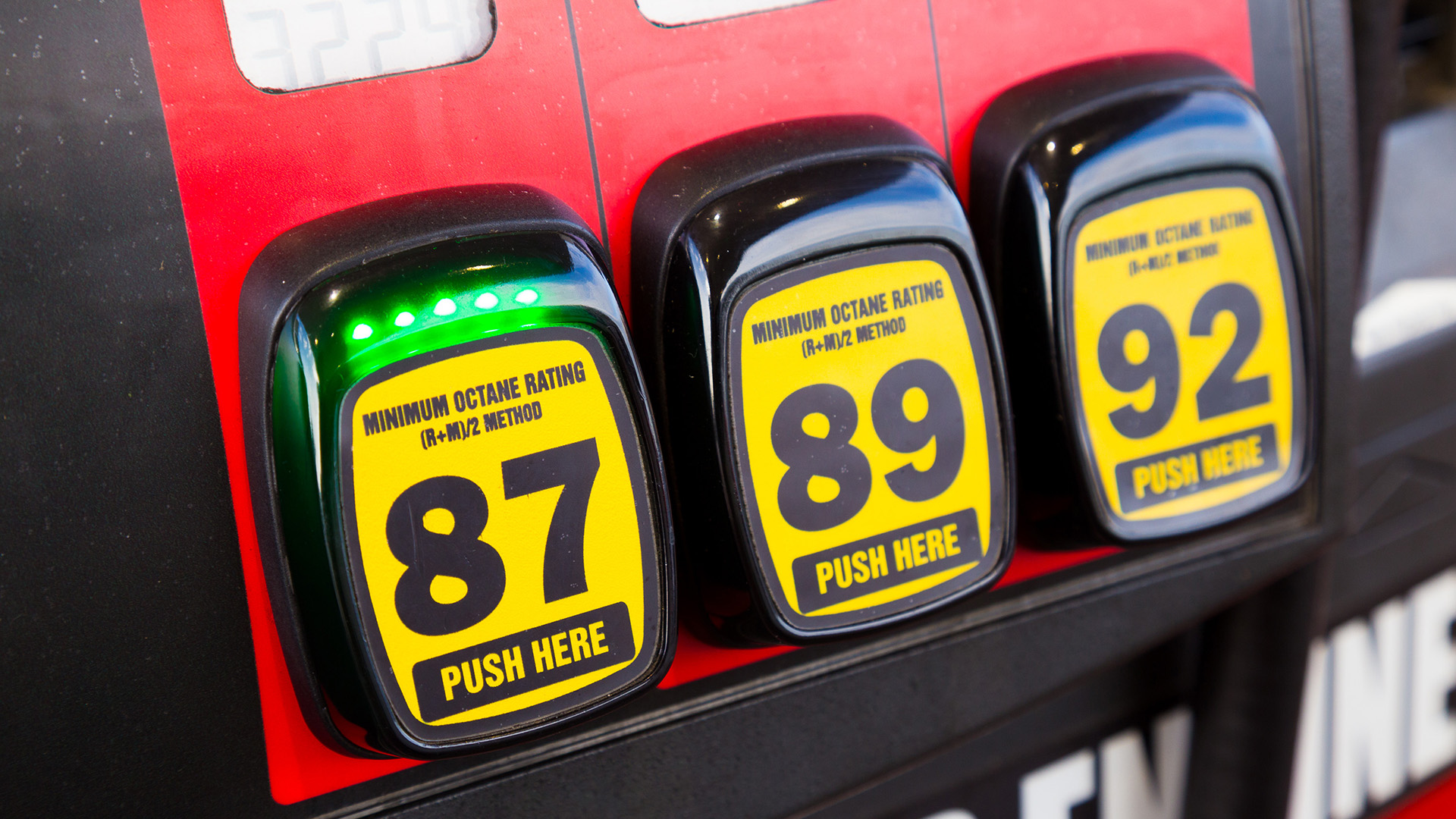WASHINGTON, D.C. – American families can expect to pay more to visit their loved ones this holiday season while also shelling out more for everything from food to toys due directly to increased fuel costs. A new report by Consumer Energy Alliance calculates just how much more consumers will have to pay for gasoline this winter. That includes price increases which translate into more costly goods and services, which hurts families, businesses and individuals – especially those on low and fixed incomes — who are already pinching pennies.
During these tough times, this new report helps to remind us how energy policies have ripple effects across our economy and real implications for real people. The average price of gasoline – slowly rising each week – is the highest it has been since October 2014. The average price to fill a typical vehicle costs consumers about $17 more than it did a year ago – up to $715 a year. That means less discretionary income and less savings for those who have little to save already – and less by the day with inflation climbing and food prices rising.
These price spikes continue to guzzle up more of American families’ monthly budgets and increase the costs of other consumer goods. A U.S. Census Bureau survey found that 29% of Americans surveyed had to reduce or forego expenses for basic household necessities to pay an energy bill in the last year. That survey was conducted before gasoline prices began rising at historic rates; meaning the amount of Americans going without basic necessities to pay higher energy bills will only continue to rise as prices trend upward.
“Energy touches every aspect of our lives and is woven into the fabric of our economy, so it is essential we have energy policies that reduce the cost burden for people,” CEA President David Holt said. “Balanced energy policies that utilize our abundant oil and natural gas resources, produced under the strictest environmental safety standards in the world that help advance our environmental goals while meeting our energy needs, are the easiest, most reliable way to lessen the cost burden on consumers, manufacturers, truckers and farmers. Done right, good policies can help us meet our increasing demand for energy while achieving our global environmental goals. This should not be a choice between working toward net zero emissions and delivering safe, affordable, reliable energy to people’s homes.”
Highlights from the report:
- As of Nov. 1, 2021, regular gasoline averaged $3.39 a gallon – up more than $1.27 from a year ago. Diesel prices climbed from $2.37 to $3.72 a gallon during the same period.
- The average price of gasoline – which is slowly rising each week – is the highest it has been since October 2014.
- The average price at the pump to fill a typical vehicle costs consumers about $17 more than it did a year ago – up to $715 a year.
- The average price to fill up a semi-truck costs truck drivers more than $357 than it did a year ago – up to almost $7,650 per year. These price increases are passed to consumers in the form of higher costs for goods and services.
- Along with its world leadership in renewable energy growth and environmental stewardship, the U.S. has abundant oil and gas resources including an estimated 214 billion barrels of recoverable oil resources, and 2,867 trillion cubic feet of technically recoverable resources of dry natural gas. Utilizing these resources while managing our environmental progress would allow us to meet consumer and commercial demand, and decrease gasoline prices significantly.
To view the report, click here.
###
About Consumer Energy Alliance
Consumer Energy Alliance (CEA) is the leading voice for sensible energy and environmental policies for consumers, bringing together families, farmers, small businesses, distributors, producers, and manufacturers to support America’s environmentally sustainable energy future. With more than 550,000 members nationwide, we are committed to leading the nation’s dialogue around energy, its critical role in the economy, and how it supports the vital supply chains for the families and businesses that depend on them. CEA works daily to encourage communities across the nation to seek sensible, realistic, and environmentally responsible solutions to meet our nation’s energy needs.
Contact:
Bryson Hull
(202) 657-2855
bhull@beta.consumerenergyalliance.org
